Politics & Security
Studies in Contrast: Abe’s Popular Mandate, Xi Jinping’s Monopoly of Power
Published
6 years agoon

Democracies around the world have commonalities in terms of their approach and consequent connection with the masses or the electorate. Japanese Prime Minister Shinzo Abe is the latest case in point, as he secured a decisive and resounding mandate in Japan’s general election. Abe’s Liberal Democratic Party and its second-fiddle coalition partner, Komeito, have secured a combined 310 seats, out of the 465-member lower house, thereby reaching the two-thirds “supermajority” in Parliament.
Of course, while Abe is set to become Japan’s longest-serving prime minister, he faces a significant challenge in revising the country’s pacifist Constitution—for which securing a supermajority mandate was a necessary prerequisite. It appears likely that Abe will thus focus on “deepening debate and have as many people as possible agree,” as he stated to a media broadcaster recently. However, the Komeito is known to be cautious about possible alterations of the Constitution.
Any proposed change of the Constitution would nonetheless require a two-thirds majority in both houses of the Japanese Diet and a simple majority in a national referendum. Abe and his administration, however, should not let go of this overwhelming mandate. Rather, they should work to ensure the public's decision be represented in the revising of an archaic clause in Japan’s pacifist Constitution. This is especially urgent when considering the volatile and threat-bound regional security environment of East Asia, which is expected to become increasingly complicated in the near future.

On the western front of the East China Sea, the political winds in China are taking a gradual yet definitive bend. The cult named Xi Jinping is getting larger, while simultaneously gaining more political control with each passing year. As the six-day 19th National Congress of the Chinese Communist Party (CCP) drew to a close, the approximately 2,200 delegates made a decision of adding “Xi Jinping Thought on Socialism with Chinese Characteristics for a New Era” to the Party’s constitution. This momentous action indicates that China is perhaps witnessing the greatest political transition in recent history, with a political heavyweight figure, in the name of Xi Jinping. The CCP has, in effect, become associated singularly with the face of Xi Jinping.
By getting enshrined in the Party’s constitution, President Xi Jinping has emerged as the most powerful leader in the world’s largest one-party, totalitarian, communist state. This quells even the remotest hope of continuation of collective leadership in the party, the prime objective of which was to shun “one-man” rule. To an extent, the dawn of Xi Jinping’s era in China has resulted in the demise of China’s three-decade-old collective leadership system. Rather, it has paved the way for absolute centralization of despotic power and control in the hands of Xi. The collective model of leadership traditionally saw the general secretary of the party as first among equals in the standing committee. In a clear departure from the past emphasis of such principles, including “collective leadership” and “democratic centralism,” the politburo pronounced that “centralized and unified leadership of the Party Central” was the highest principle of the Party’s leadership.
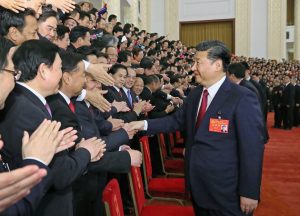
In run-up to the 19th Party Congress, one question loomed particularly large in the minds of both domestic and international observers: Will Xi consolidate power and seek to retain control for yet another term post-2022 or would he pave the way for an anointed successor during the 2022 Party Congress? What emerged following the event was Xi receiving official recognition equivalent to the Party's founders. Perhaps, far more noteworthy is the possibility of Xi serving a third term from 2022 to 2027. The prospect of this cannot simply be discounted, with loyalists and fence sitters hedging their bets. Xi’s close aide and current chief of staff, Li Zhanshu, has been promoted to the Standing Committee of the Central Political Bureau and will take over the National People’s Congress (NPC) as well. In case Xi desires a third term, the legislative and constitutional changes required to smoothen the passage will see Li Zhanshu playing a pivotal role in the NPC.
When Xi took over the reins of power by assuming office of the Party Commission in November 2012, it was hard to fathom that within a span of five years, especially in the context of a large nation like China, he would be able to establish what is perhaps China’s most tightly controlled socio-political regime since the era of Mao Zedong. However, more alluding is the usage of the rather grandiose title of lingxiu, which indicates the rise of Xi’s political stature within the CCP. Referring to him as the Party’s lingxiu, the Politburo has placed Xi Jinping on par with Chairman Mao.
Xi has made an astute and deliberate attempt to strengthen his grip on power, especially by placing effective checks on the powerful elite and announced as to who calls the shots in China. Xi is sparing no political elite when it comes to charges of corruption. By doing so, in effect, he is neutralizing all potential rivals, which could threaten his newly acquired power. The unprecedented crackdown on corruption has served as the most potent tool in Xi’s hand, with more than 200,000 people having been arrested by CCP investigators.

Corrupt officials above ministerial level have apparently been identified in all 31 provincial regions of the mainland. As the anti-graft campaign in China gained momentum, key political appointees have fallen prey, and many have been formally charged with taking bribes and/or embezzling public funds. Corruption in China undeniably is a systemic problem that is all too well-known and often acknowledged. Noteworthy is the fact that Beijing and Shanghai—China’s political and economic hubs—have also received charges of corruption, thus reflecting the depth of the problem.
Xi’s current political standing places him as China’s most powerful ruler since Mao Zedong and Deng Xiaoping. However, it simultaneously brings to light the nation’s unsettled political past when Chairman Mao’s reign was notoriously reminiscent of a dictatorship. Xi Jinping shall be confronted with a complex paradox—that of maintaining his power through control of online social networks, brute crackdowns against political dissent, while adding a dash of populism to Xi’s dictatorial rule.
East Asia’s recent political developments underscore the vast chasm between democratic and communist political systems, ideological principles, and systemic processes. Ostensibly, both systems of governance and representation espouse to share the “power to the people” philosophy. In reality and practice, they are as different as chalk and cheese. Japanese politics and society is representative, freethinking, welcoming of dissent, and remains free of coercion—facets that are unheard of in the People’s Republic of China.
Dr. Monika Chansoria is a Senior Visiting Fellow at The Japan Institute of International Affairs in Tokyo. She is the author of five books, including her latest work, China, Japan and Senkaku Islands: Conflict in the East China Sea amid an American Shadow (© 2017). Follow her on Twitter @MonikaChansoria.
You may like
-


Birth of an Asian NATO: A New Strategic Alliance Emerges Amid Regional Tensions
-


Heita Kawakatsu Says 'Sayonara Shizuoka' After Winning New Maglev Delays
-


EDITORIAL | Why Spare Kishida from LDP Party Funds Mess Fallout?
-


Taiwan Relations Act at 45: Where's Japan's Version?
-


EDITORIAL | Latest Hong Kong Security Law Elevates Risks for Visitors and Foreign Residents
-


Kuomintang Endorsement of Beijing Undermines Taiwanese Identity and Cause


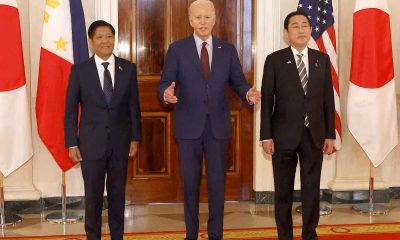

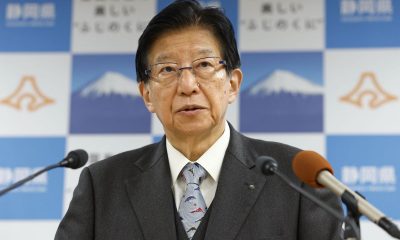

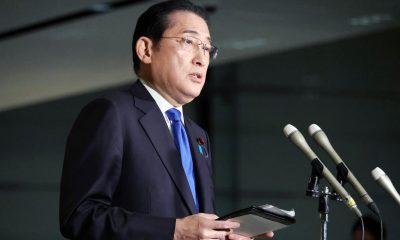



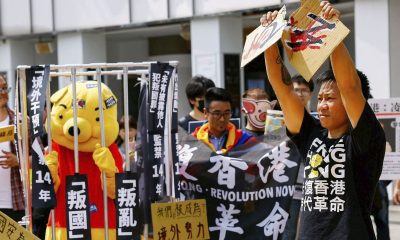

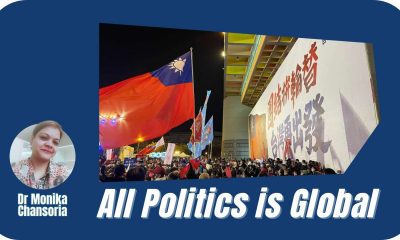


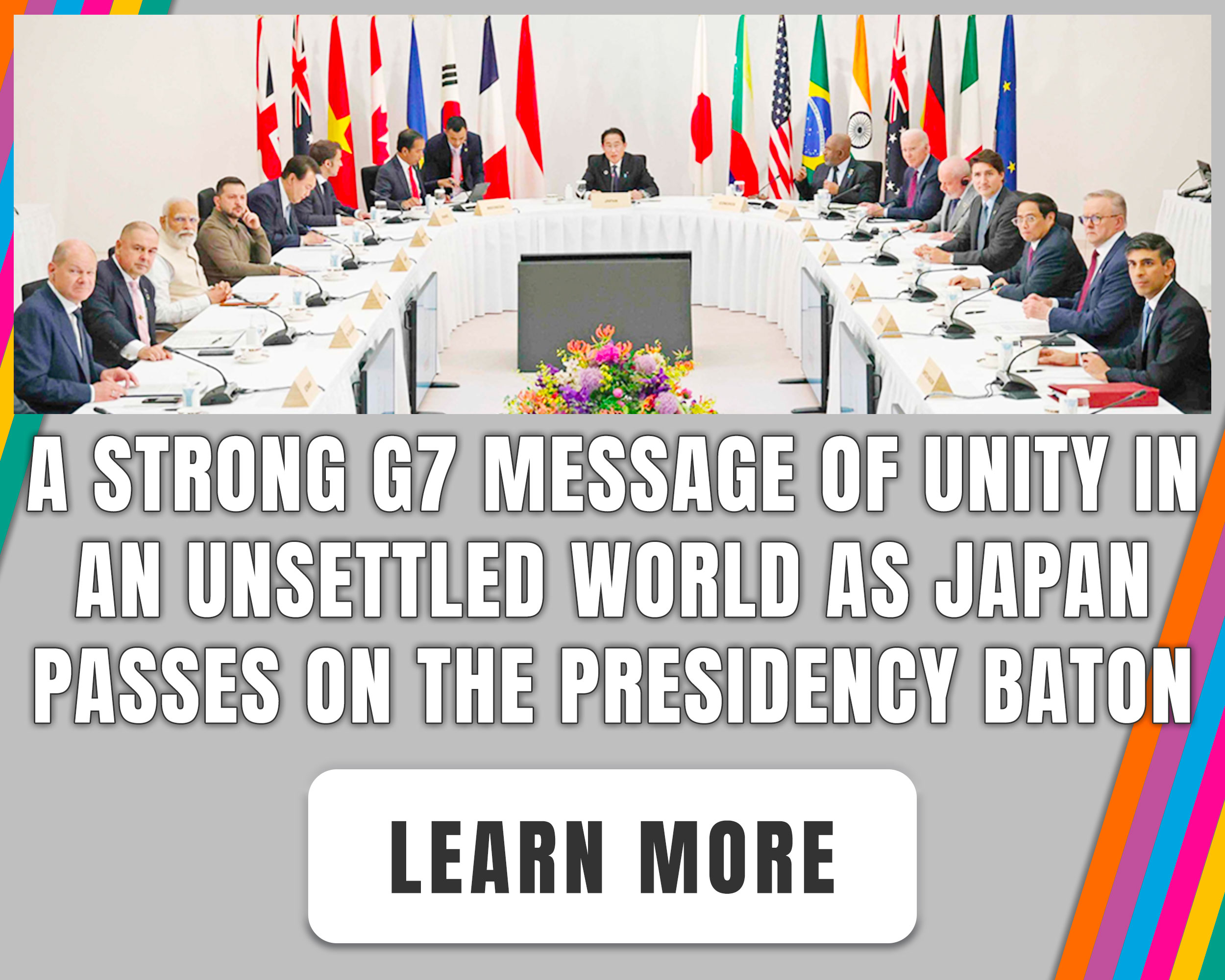
You must be logged in to post a comment Login